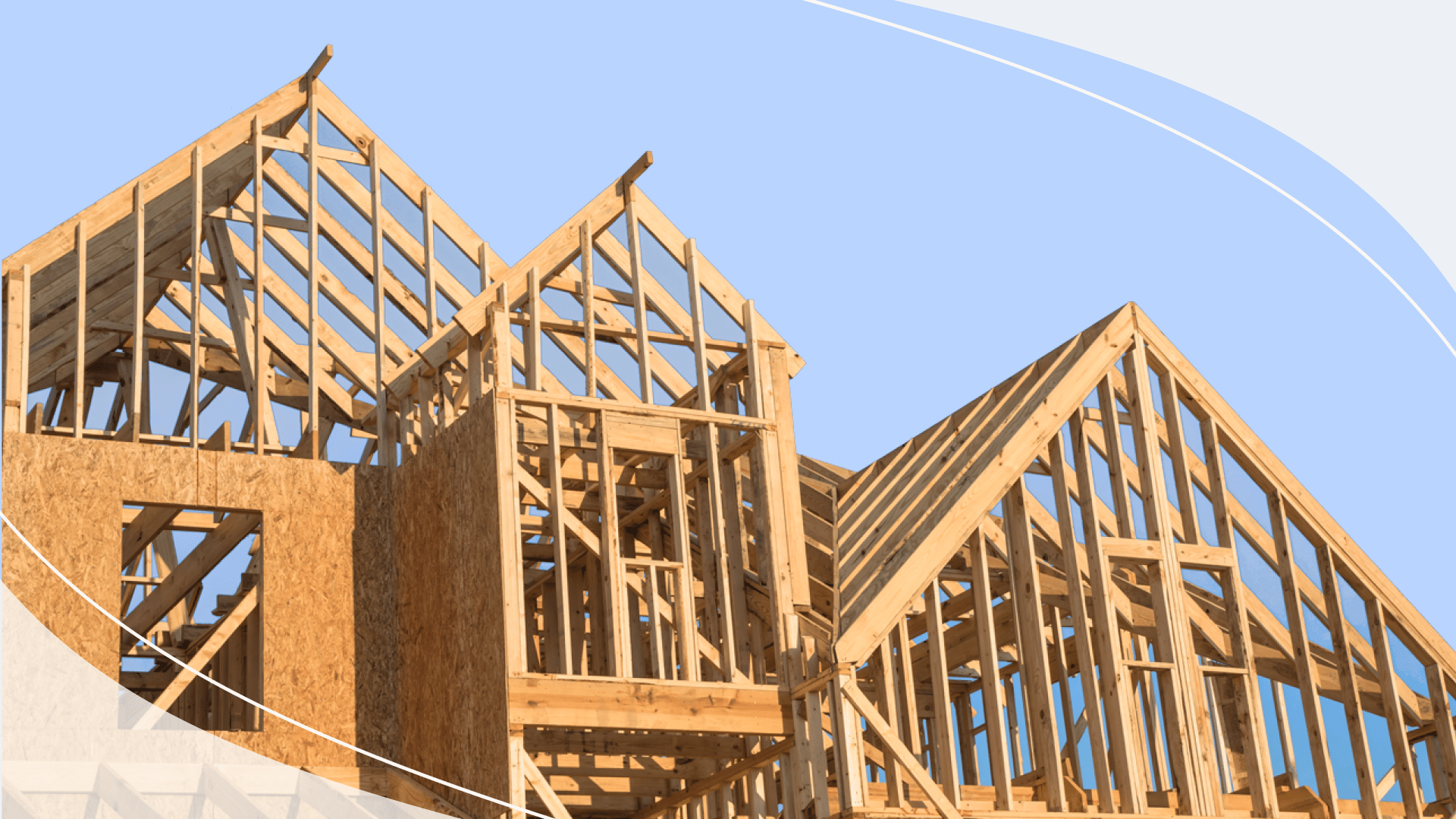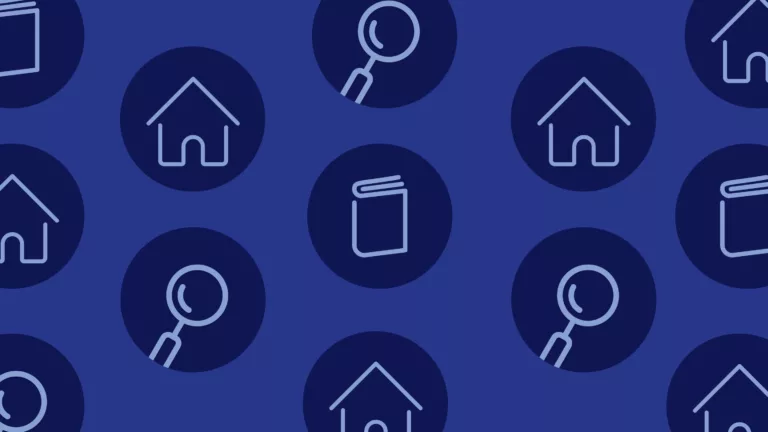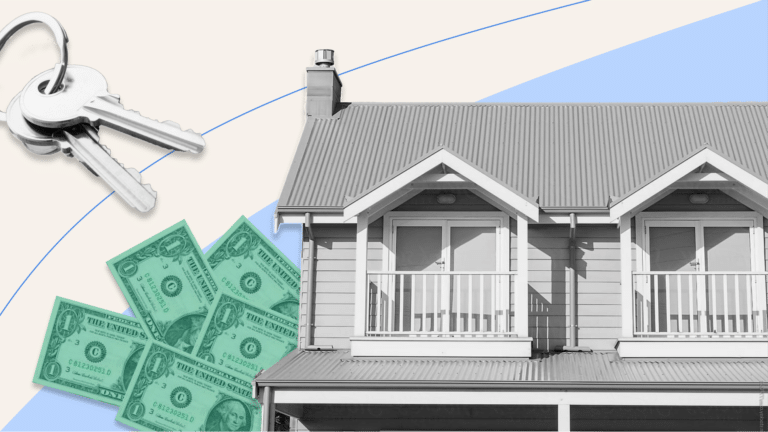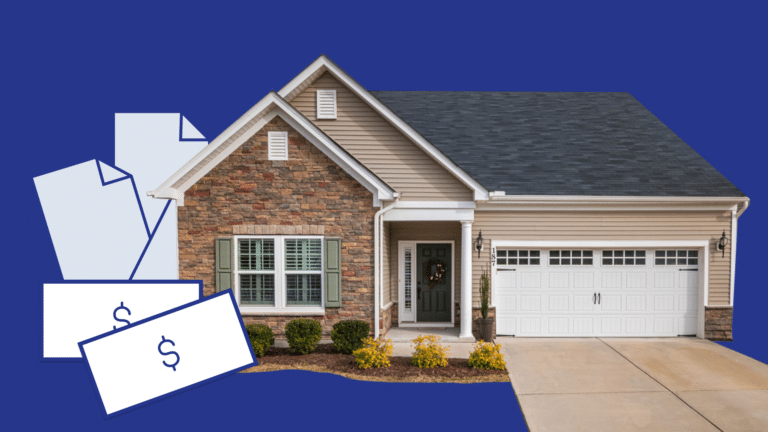We’ve seen an increase in new construction loans recently as inventory remains at historic lows. But what happens if you were counting on 3% mortgage rates when they signed a contract over a year ago to purchase a home that still isn’t ready today?
The price shock is real for many of these new construction homebuyers, but there are ways to help safeguard you from this situation. First: explore options with lenders that offer longer rate locks. Additionally, some lenders offer float-down options – provisions that allow buyers to take advantage of lower rates after locking a rate but prior to closing.
Both 180-day rate locks and float-down options are available through lenders in Morty’s network, but I would also encourage you to consider your longer-term financial picture when setting a budget and figuring out what’s affordable. Saving up to put down a larger down payment upfront can also help to offset some of the additional cost from higher rates in the long run.
– Robert Heck, Vice President of Mortgage @ Morty
Reader question of the week:
I’m selling my house and need to buy a new house, too. Is a bridge loan the right way to go? – Kim. H.
Bridge loans are short-term loans that cover you until you receive a new type of financing. They typically range from three months to a year, and can help you to move quickly on buying a new home. Homeowners may use them to finance the purchase of a new home when they need to move quickly (such as when moving for a job) before they can sell their home. Bridge loans are not right for everyone as they often have high interest rates and last for short periods of time.
In a hot market, it’s really important to have a plan for where you’ll live once you sell. For many buyers, it’s not possible to qualify for a new mortgage while holding down the existing costs of your current home. The maximum DTI (debt-to-income ratio) is 40-50%, depending on down payment size and FICO score. Given that markets are highly competitive, you may want to accept an offer on your current home before you’re ready to buy a new one. Renting a home while continuing your search is one option, but keep in mind the added expense – especially given rising rents.
Over the past few years, we’ve also seen instances of lease-backs, where buyers close on the sale of their home with the stipulation that the new owners rent it back to them for a fixed period of time (allowing you more time to find a new home). This arrangement doesn’t work for everyone, as your buyers could be selling as well and facing the same situation. That said, it remains a seller’s market, so it could be worth considering.






